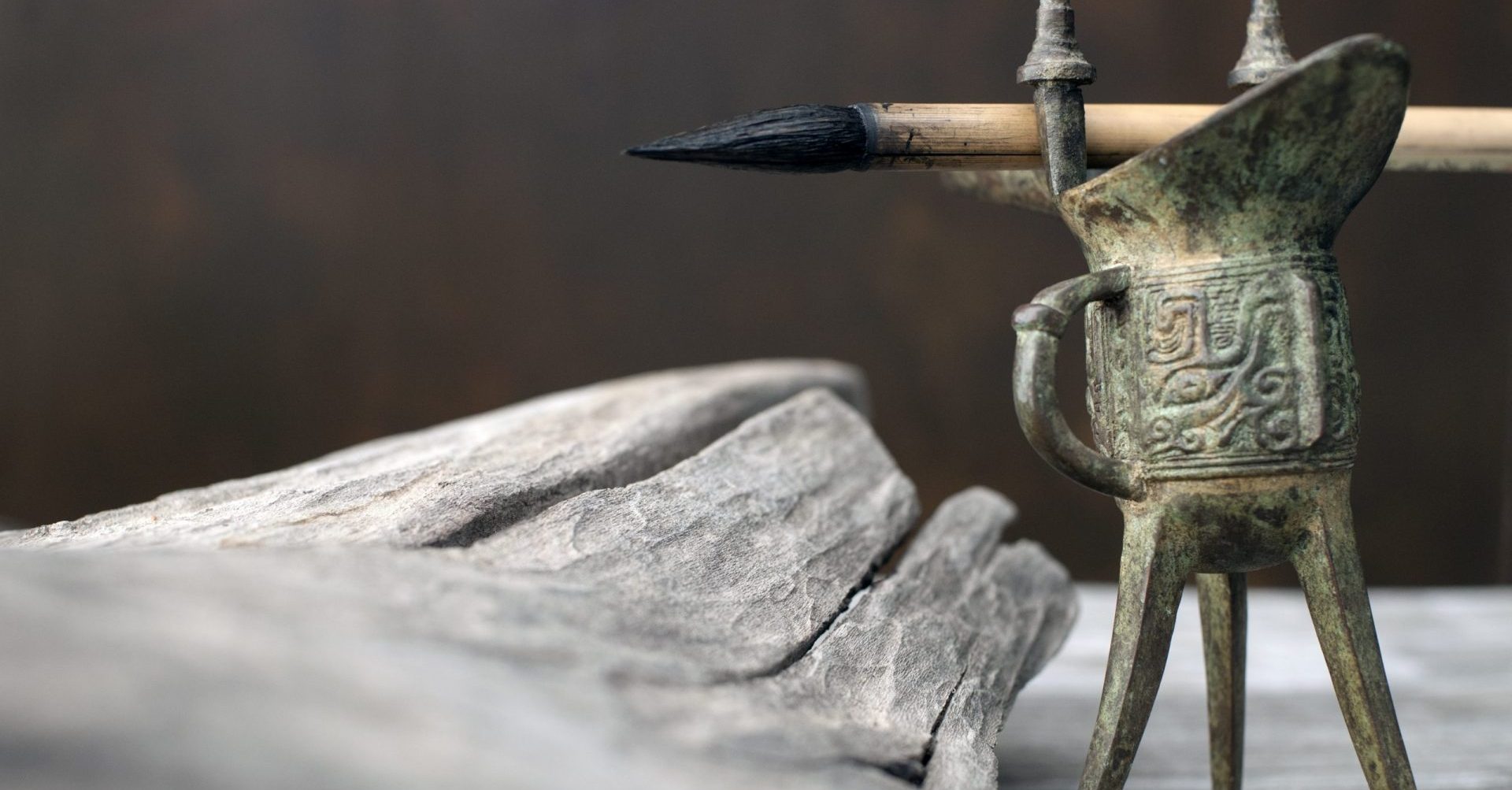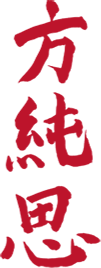Mētis in Medicine’s Kairos

Mētis Musings
Mētis and Kairós in Medicine
To forestall the cunning tricks of an enemy . . . the forces which the medical art must confront are multiple and shifting. If he is to be able to find his way in this world of fluctuating symptoms the doctor must have at his disposal all the resources of an intelligence as polymorphic as his enemy.
Medicine is an art of the fleeting moment. For although disease is a power endowed with the gift of metamorphosis it is at the same time imbued with its own rhythm. There comes a moment in its development when a decisive change takes place and suddenly the course of events is turned and reversed. This is the crisis: these are known as the critical days, the fleeting instant . . . But it is not only through his grip of time that the doctor appears to be able to foresee how the course of events, being – as Pindar puts it – epikairótatos like the pilot at the tiller on the raging seas. . . it is necessary to aim for some kind of measure, for in this domain there are no numbers or weights which could make it possible to attain the exact truth. The only criterion possible is what is correct. (Detienne and Vernant, 311-312)
Dear Doctor: let this be an art of the fleeting moment. For the Greek, the fleeting moment is kairos – the fullness of present time, neither past nor future but the liminal in-between of right now. Kairos is not time as a general concept, but as an individual event on a moving river of multiple possibilities. In kairos, a person is ushered by time through these openings, none of which are seen, understood or graspable until the moment is fully upon them. To Detienne and Vernant’s exposition, for a physician to be epikairótatos is to be attentive to the present that lies between what has been and what is not yet known, navigating the appearances and disappearances of health and illness in that liminality, to bring help just-in-time. There is enigma here to meet the doctor’s mētis. In his essays on the topic, Hans-Georg Gadamer notes that “we must recognize that health always stands within a broader horizon of permanent jeopardy and potential disturbance. No illness manifests itself in exactly the same way in every individual (111). This, he says, is “the engimatic character of health:”
Once again we must address the fact that the real mystery lies in the hidden character of health. Health does not actually present itself to us. Of course one can also attempt to establish standard values for health. But the attempt to impose these standard values on a healthy individual would only result in making that person ill. It lies in the nature of health that it sustains its own proper balance and proportion. . . One has the impression that factors deriving from some of the most elusive experiences of life somehow come into play with the skills of a very gifted doctor. (Gadamer, 107-108)
Whether action or watchful waiting is opportune requires mētis in the kairos: a doctor’s art of the fleeting moment in which the subjective is buoyed to attention. The doctor practicing mētis notices how her patient shimmers or staggers in the moments of ease and dis-ease, watching for when a steady hand and word navigates back towards a health that is sensed and expressed. Sadly, modern medicine has dysfunction in its relationship with time, honoring chronos at the expense of kairos. In chronos, the individual seizes time and counts it as minutes and hours on a clock, days of a calendar or history-as-chronology. In his seminal work, Star of Redemption, Franz Rosenzweig, notes that “permanence becomes of the highest importance to them, for the future, by being anticipated into the moment, is constantly in friction with it (272).” In chronos, the “Now is called, in contrast to the moment, hour,” and “in the hour, instituted by himself, man frees himself from the transitoriness of the moment (290).
Chronos without kairos does damage to the art of healing. Let healing be an art of the fleeting moment. Philosopher John Smith (1969) reinforces the privileging, or what he calls the ordinality, of an individual moment for its meaning rather than the “cardinal numbers” of measured time.
Thus kairos means the time when something should happen or be done, the ‘right’ or ‘best’ time, it means the time when a constellation of events presents a crisis to which a response must be made, it means the time when an opportunity is given for creative action or for achieving some special result that is possible only at ‘this’ time. Implicit in all three senses of kairos is the concept of an individual time having a critical, ordinal position. . . Before this critical time is ‘too soon’ for the event, and after this critical time is ‘too late.’ If, as pointed out earlier, chronos time is expressed through cardinal numbers, the contrast with kairos is best seen in the fact that the latter is always dependent on ordinality. A kairos is always some special temporal position. (italics by Smith, 6-7)
Today, medicine often sets kairos aside for chronos-ascendent. Medicine highlights productivity, and time is counted as the minutes of service towards assignation of value. Doctors collect the patient’s chronology as a “history of present illness,” and chronos-embedded cardinal numbers of labs, vitals, measurements. Unfolding stories are essentialized into a static medical diagnosis, which prompts a standardized “care plan.” And over a lifetime of such-care, diagnoses proliferate in the electronic health records and are carried forward from one meeting to the next with digital permanency. The ordinality of any unique, just-right moment for an individual is lost in a sea of what Detienne and Vernant call “exact truths,” making medicine not a domain for mētis but rather for the inflexibility of exacting control.
I have an illustration in mind for kairos and chronos. As a young girl in northern Maine, and not long after the winter thaw, I was playing along the pebbled banks of Long Lake. I saw what we called a “sucker” fish in the shallows. She was alone, hovering and seemingly oblivious to my movements on the shore. I wanted to wade in to see her, but I was repelled by the icy water. After watching for a bit, I ran for a garden rake. In my very-first fishing expedition, I scooped her onto the shore with the rake and into a bucket of lake-water. Studying her carefully, she was beautifully speckled and calm, with softly fluttering gills. I remember asking my mother why the fish had not darted away as fish normally do? What kind of fish allows itself to be flipped out of the water by a garden rake? She was probably spawning, I was told. Will she lay her eggs in the bucket now? No, she needs to be in the lake.
I learned much from the close examination of the fish in the bucket, but I had fixed her into a kind of stasis. The just-right moment for spawning had passed. As proud as I was of the capture, I had seized the life cycle of this fish for the sake of engaging her as an object. My curiosity had removed her from the unfolding kairos of her existence. The little scientist was delighted. The little girl felt a pang at motherhood interrupted. The moment of vitality that existed only and fully in the cold shallows of the lake and not in my bucket could not be recovered or restored. Time moves in one direction.
In Rosenzweig’s later work, Understanding the Sick and the Healthy, he uses a metaphor that resonates with my childhood “fishing” efforts. He suggests that it is impatience with the moments of wonder that occur “adrift on the river Life” that causes us to “hook” it and drag it on to the banks for study. There, the life is “detached from time, deprived of it,” and “comes into the pale region of the mere ‘thing.’” (41)
He does not permit his wonder, stored as it is, to be released into the flow of life. He steps outside the continuity of life and consequently the continuity of thought is broken. And there he begins stubbornly to reflect. Of necessity, he must hook the “problem” from where he stands. . . Wonder stagnates, is perpetuated in the motionless mirror of his meditation: this is in the subject. He has it well hooked; it is securely fastened, and it persists in his benumbed immobility. The stream of life has been replaced by something submissive – statuesque, subjugated.
Asking, as he does, outside the full expanse of life, not waiting for a leisurely answer, he must ask his questions there and then – and there and then the answers are given. They cannot come in their own time, and therefore they are lacking in extension and completeness. (Rosenzweig, 41)
There is a time for medical science and its measurements. But it is not the only mode of the doctor, and it is by definition not the mētis mode, which brings greater extension and completeness to meeting the other in suffering and health. Ana-chronistically (against-chronos), we are overdue to return a doctor to the interpretive arts of the fleeting moment and the cultivation of mētis wisdom. Our efforts to fix time or seek timelessness by hooking a patient “into a bucket” for study and cataloguing brings both doctor and patient out of the water of Life, separating us from the fullness of revelation and the correct response.
Institutional and professional impatience with what is enigmatic and not-yet-known impoverishes the doctor’s wisdom cultivation. We risk interrupting the vitality of a patient who is not a thing, and always a wonder. And so we say –
Dear Doctor: let this be an art of the fleeting moment.
References:
- Marcel Detienne and Jean-Pierre Vernant. Cunning Intelligence in Greek Culture and Society. Translated by Janet Lloyd. New Jersey: Humanities Press, 1978.
- Hans-Georg Gadamer. The Enigma of Health: The Art of Healing in a Scientific Age. Translated by Jason Gaiger and Nicholas Walker. Stanford, CA: Stanford University Press, 1996.
- Franz Rosenzweig. The Star of Redemption. Translated by William W. Hallo. New York: Holt, Rinehart and Winston, 1971.
- John E. Smith. Time, Times, and the ‘Right Time’: “Chronos” and “Kairos,” The Monist, 53, no. 1 (1969), 1-13. https://www.jstor.org/stable/27902109
- Franz Rosenzweig. Understanding the Sick and the Healthy: A View of World, Man, and God. Translated by Nahum Glatzer. Harvard University Press, 1999.
Teacher
An experienced instructor, clinical supervisor and recipient of multiple teaching awards, inviting joy and insight in training and teaching settings.
Coach
A board-certified coach, specializing in executive and professional care for strength-building and creativity at growth edges and in leadership.
Speaker
An authentic and warm public speaker, weaving interdisciplinary insights and humanistic perspectives to support a deepening sense of community.
Demand meaning in the moments of your life.
Chart a navigation course that is clear-eyed and nimble.
Cultivate the habits of perspective, creativity, and curiosity.
Call forth your fiercest capacities for courageous authenticity.
Seek Wisdom.
Janēta Fong Tansey, MD PhD












